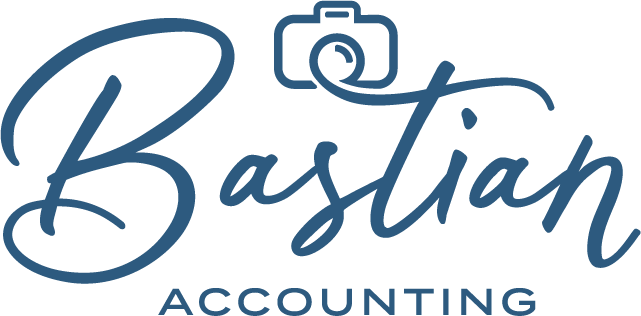The 2024 BOI Filing Requirements created by the Corporate Transparency Act and What Photographers Need to Know
📢[Keep Up To Date With Changing BOI Requirements]
The U.S. Congress has recently passed the Corporate Transparency Act (CTA) to help tackle small business crimes. To enforce this Act, the Financial Crimes Enforcement Network (FinCEN) of the U.S. Treasury Department has issued a final rule for Beneficial Owner Information (BOI) reporting requirements on September 29, 2022. These new requirements will become effective on January 1, 2024. Starting January 1, 2024, your business may need to submit information to FinCEN regarding the individuals who own or control your business through BOI Reporting.
Why was the Corporate Transparency Act enacted?
The CTA was designed to combat financial crime, including money laundering, drug trafficking, and fraudulent activities, by requiring a broad range of entities to disclose information about their owners and persons who exercise control to FinCEN, a bureau of the U.S. Treasury. FinCEN aims to ensure your business is legitimate and not involved in any fraudulent activities.
Who needs to report?
The CTA applies to "reporting companies," including corporations, limited liability companies (LLCs), and other similar entities that are created by filing with a state office. Certain entities are exempt from reporting, such as publicly traded companies, certain financial institutions, and entities already subject to robust disclosure requirements (e.g., those registered with the Securities and Exchange Commission). The reporting requirement pertains to beneficial owners, which are individuals who directly or indirectly control or own a significant interest in the reporting company. The Act specifies the criteria for determining beneficial ownership.
What needs to be reported?
A reporting company subject to BOI reporting will have to report:
Its legal name;
Any trade names, "doing business as" (d/b/a), or "trading as" (t/a) names;
The current street address of its principal place of business if that address is in the United States (for example, a U.S. reporting company's headquarters), or, for reporting companies whose principal place of business is outside the United States, the current address from which the company conducts business in the United States (for example, a foreign reporting company's U.S. headquarters);
Its jurisdiction of formation or registration; and
Its Taxpayer Identification Number (or, if a foreign reporting company has not been issued a TIN, a tax identification number issued by a foreign jurisdiction and the name of the jurisdiction).
Each beneficial owner must report their name, birthdate, address, and a unique identifying number and issuing jurisdiction from an acceptable identification document (and the image of such document). A reporting company will also have to indicate whether it is filing an initial report, or a correction or an update of a prior report.
When do reports need to be filed?
Reporting Companies Formed Between January 1, 2024, and December 31, 2024:
Deadline: Within 90 days after receiving actual or public notice, whichever is earlier, of the company's creation or registration.
Reporting Companies Created On or After January 1, 2025:
Deadline: Within 30 days of creation or registration.
Reporting Companies Created Before January 1, 2024:
Deadline: Initial BOI report must be filed by January 1, 2025.
Where can reports be filed?
BOI reports will be filed electronically through a secure filing system on FinCEN's website. This system is being developed and scheduled to be operational on January 1, 2024.
How should updates be handled?
A Reporting Company must file an updated BOI report within 30 days whenever there is a change in:
Basic information
Beneficial Owners
Status as a Reporting Company (e.g., eligibility for an exemption)
These deadlines are critical to maintaining compliance with the CTA. Failing to meet them may result in penalties.
Non-Compliance
Yes. Willful violations may result in a civil penalty of $500 per day and/or criminal penalties of up to $10,000 and/or two years in jail.



